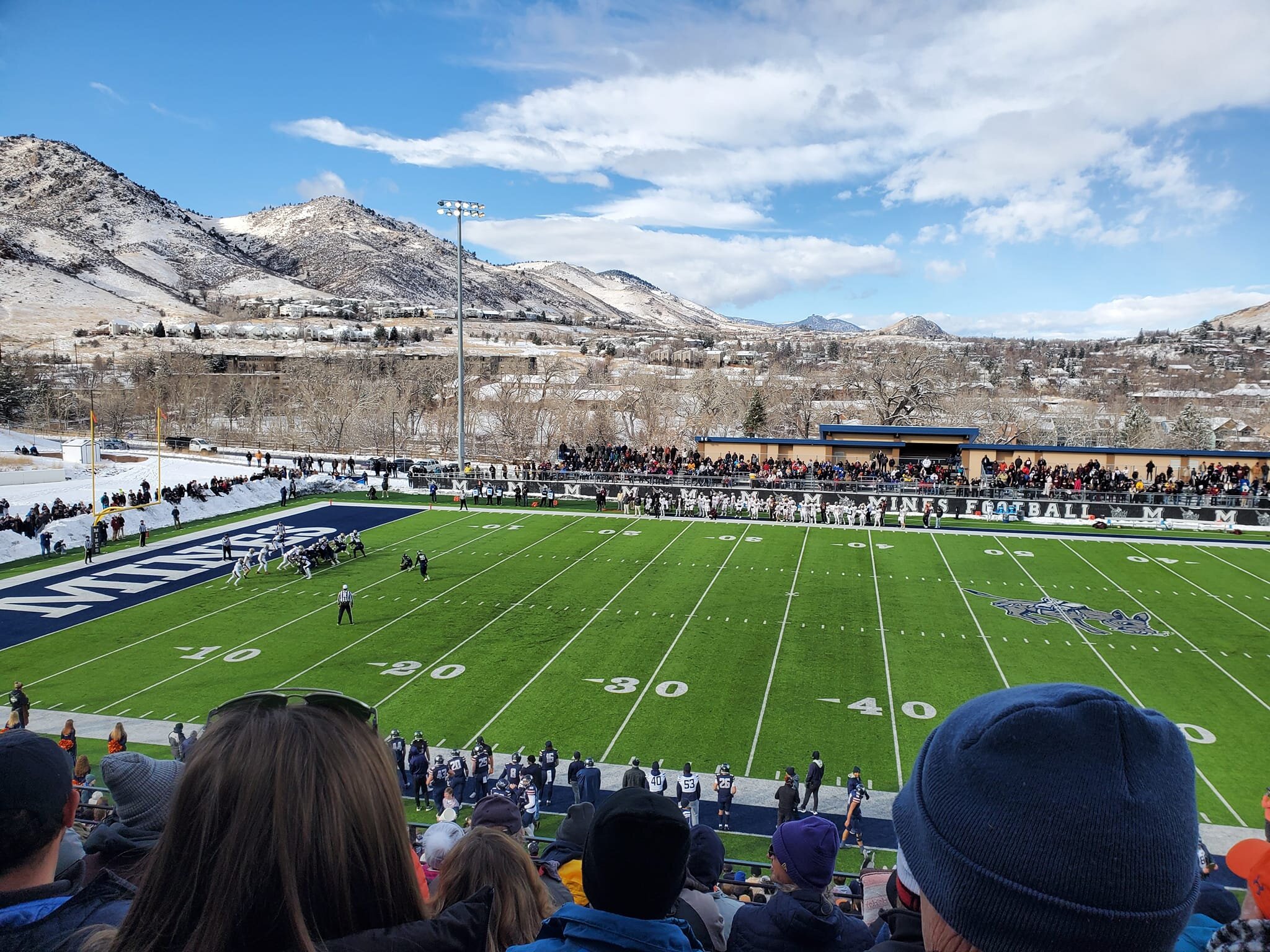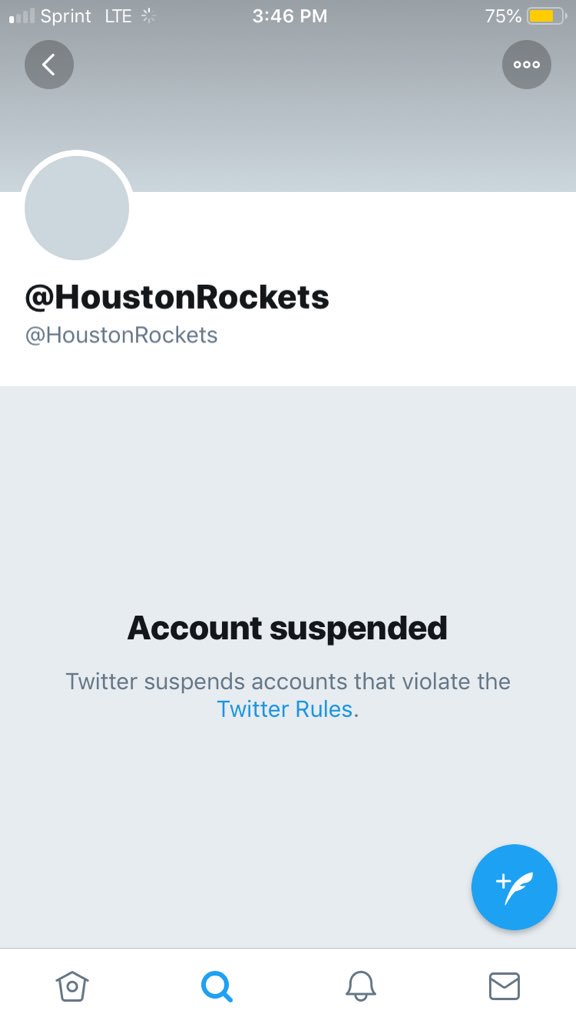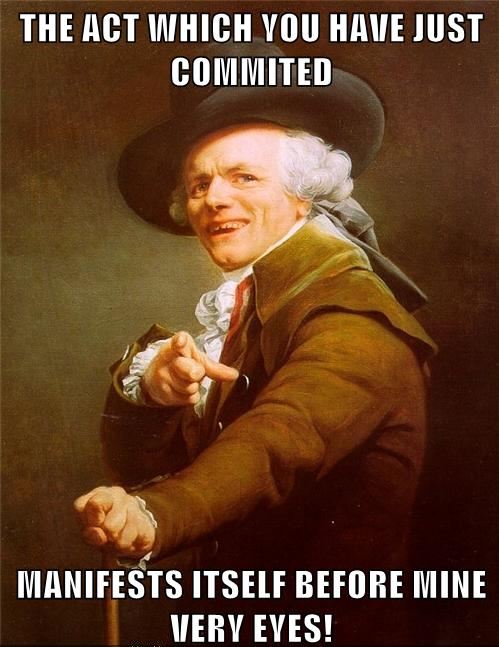-
Posts
35042 -
Joined
-
Last visited
-
Days Won
42
Content Type
Profiles
Forums
Store
Downloads
Recruiting - 2020
2019-2020 Football Season
Football
Entertainment
Sports
News and Business
Cloak Room
Transfer Portal
Recruiting
Events
Posts posted by Beau Vine
-
-
I think Ed Cooley could kick ass in Michigan.
-
12 hours ago, dingleberryswitzer said:
Anyone that ever saw magic on his talk show knows he's not the brightest tool in the shed. I honestly thought he was there at the Lakers just as a public figure to trot out on TV and try to attract free agents. I had no idea he had any actual basketball or business related duties.
He apparently didn't even know he had an office.
-
-
Magic has always been a giant cunt.
-
 1
1
-
-
He's trying to sound like Jim Rome.
-
 2
2
-
-
-
That was absolute shit. Glad I had free tickets.
-
1 hour ago, Viper said:
why, are they run by aggies?
I had the president's daughter in class a few years back. She started out at aggy, but transferred because "everyone was too rah-rah there."
-
3 hours ago, phdhorn said:
You seem to be talking simply about his contract within NOLA. But "how the system works" includes "buyout option." This of course is used all the time to break contracts. Yes the team has the power and not the player, but often these are mutually agreeable. Let's say Zion does okay but in 2 years NOLA thinks they can get a better fit with some players or draft choices. Would they trade Williamson in some mega deal if he does well? It's possible. If he ends up not meeting expectations/gets injured too much? It's more than possible.
Any contract is voidable. Including this one. Not saying it'll happen, but yeah, it could, and it does. A lot. No matter what the long terms are.1. A buyout option does not break a contract. It's part of the contract. As is a player option.
2. If the buyout option is "mutually agreeable," it's not a buyout option. It's a mutual option.
3. Athlete contracts are not voidable. Contracts are voidable only because of stuff like fraud, coercion, etc. Seriously, when have you ever seen an NBA contract being voided?
Shit, you sound like Vic trying to play lawyer.
-
 1
1
-
-
2 hours ago, MC Fresh Breath said:
Boy is the internet quick to judge.
Keep in mind that he's the guy who called me a "miserable prick."
-
 1
1
-
 1
1
-
-
21 hours ago, SydneyCarton said:
Dude, its not an underground problem. It is, at worst, a partially obscured but a tacitly accepted dynamic. As Burt said, which part of fbi recorded tapes proving racketeering with zero consequences jives with the concept of Underground? Clemson uses a tax exempt fucking church to launder money. Bitcoin cant be traced. The only way cheating goes away is if the power programs tell the ncaa to fuck off and start a new governing body. Why would Bama and Clemson want to do that?
* jibes. JIBES!!!!
-
 2
2
-
-
12 hours ago, CooterBrown said:
If you’re far and away the best player in the draft, what’s to stop you from negotiating a free agent contract with the team of your choosing and skipping the draft entirely?
Is this for real?
-
On 5/6/2019 at 9:26 PM, Beau Vine said:
Holy shit, the officiating has been terrible in these playoffs.
bump
-
9 hours ago, clapclapclap said:
Maybe switch to a Colgate?

-
-
4 hours ago, Fudge Nuggets said:
Arlington's "Franchise Moment". How sad.
We really need to get you an Ag Tag.
-
 1
1
-
-
The girl in the bikini at the end of that Corona commercial has a spectacular ass. I enjoy that commercial.
-
 1
1
-
-
1 hour ago, spystud13 said:
Jeff Mathis has a .406 OPS.
Is that a career high for him?
-
-
Dammit:
-
Guy in the red car is a real asshole.
-
She's a cunt, but there's no way that's murder.
-
3 hours ago, immortal13 said:
Kuzma and Ingram for AD and Zion?
🤣🤣🤣🤣🤣🤣🤣🤣🤣🤣🤣🤣🤣🤣
Don't forget the 2nd round pick.
-
I'm sure Zion has been attending every one of his classes this semester and is making progress towards a degree as required to be eligible by the NCAA.
-
 1
1
-





Trade #1 Pick?? or Zion Removes Name from NBA Draft??
in Basketball
Posted
Need to have longhornmatt work up a trade for us.